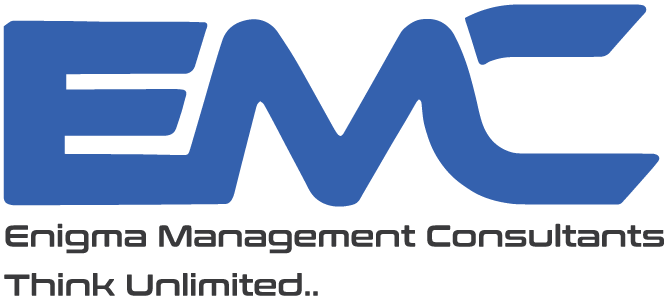What Every Business Needs to Know?
The UAE has introduced a new corporate tax (CT) regime that changes the way businesses operate. While tax was once seen as a back-office function, it is now a key factor in driving growth and credibility.
Tax Rates at a Glance
- 0% on income up to AED 375,000
- 9% on income above AED 375,000
- Free Zone businesses may still enjoy 0% on qualifying income if they meet the required conditions.
The regime applies to all financial years starting on or after 1 June 2023. Registration deadlines are based on business licence issue dates, and companies must file their tax return within 9 months of their financial year-end through EmaraTax.
Why Compliance Matters
Getting compliance right goes beyond avoiding penalties. Timely registration and filing can:
- Strengthen investor confidence and improve access to capital.
- Help secure contracts and bank financing, since many tenders now require proof of tax compliance.
- Protect margins by avoiding heavy fines, including a 14% annual penalty on late payments.
Key Considerations for Businesses
- Free Zone vs Mainland: Free zone companies must carefully check Qualifying Free Zone Person (QFZP) rules to benefit from 0%.
- Small Business Relief: Start-ups and SMEs under the threshold can simplify compliance, though this has limitations on carrying forward losses.
- Group Relief & Transfer Pricing: Proper structuring and documentation are essential to manage risks and optimize tax positions.
- Multinationals: From January 2025, groups with global revenues above €750m will be subject to a 15% minimum tax.
Final Word
Corporate tax is no longer just a legal obligation—it is a business performance tool. Companies that maintain clean financial data, file on time, and keep proper documentation will not only stay compliant but also gain a competitive advantage in funding, partnerships, and long-term growth.

